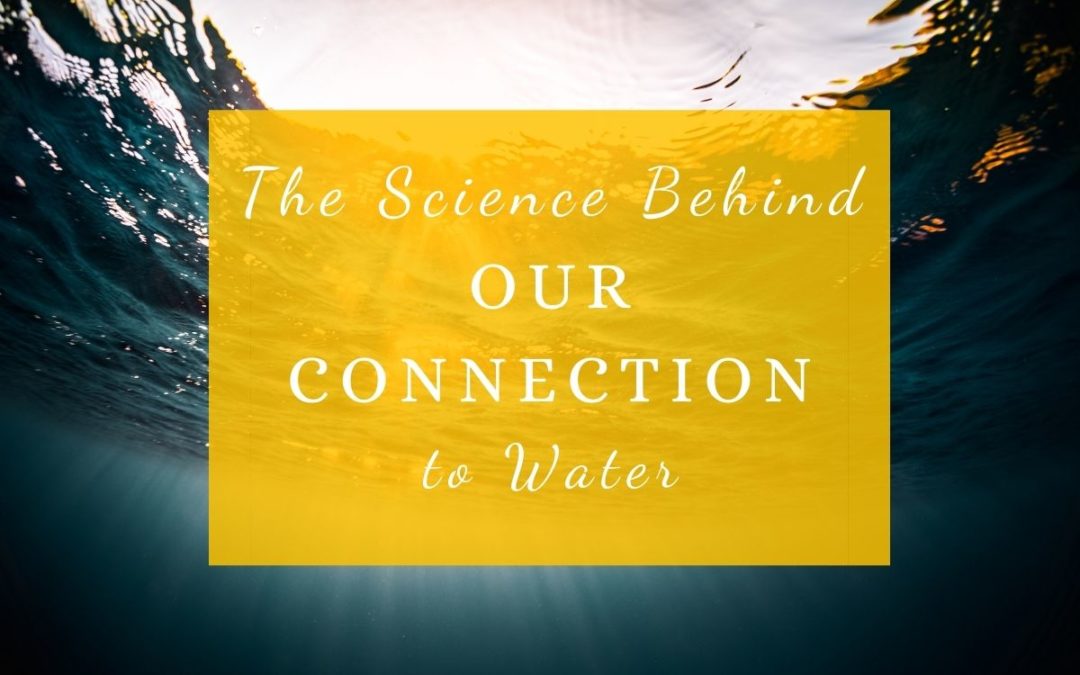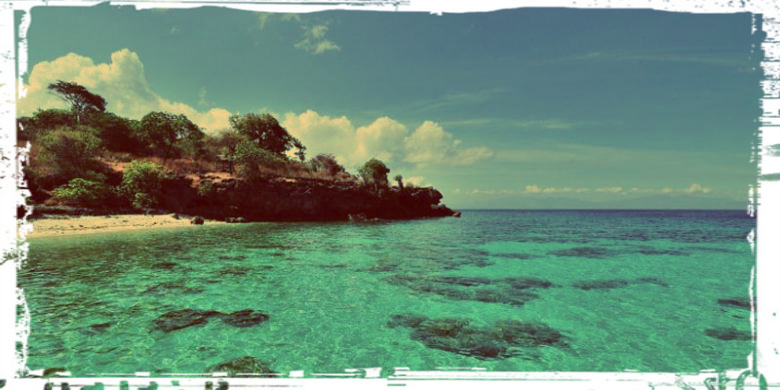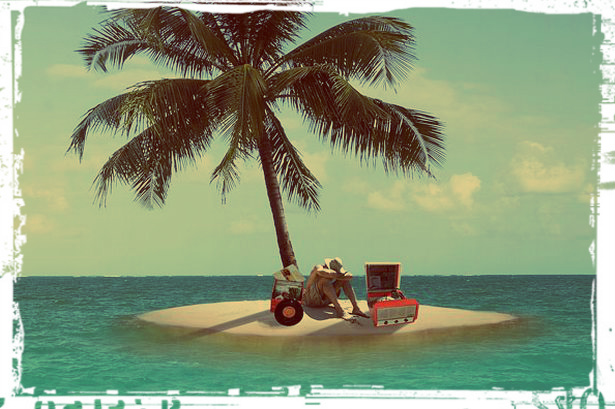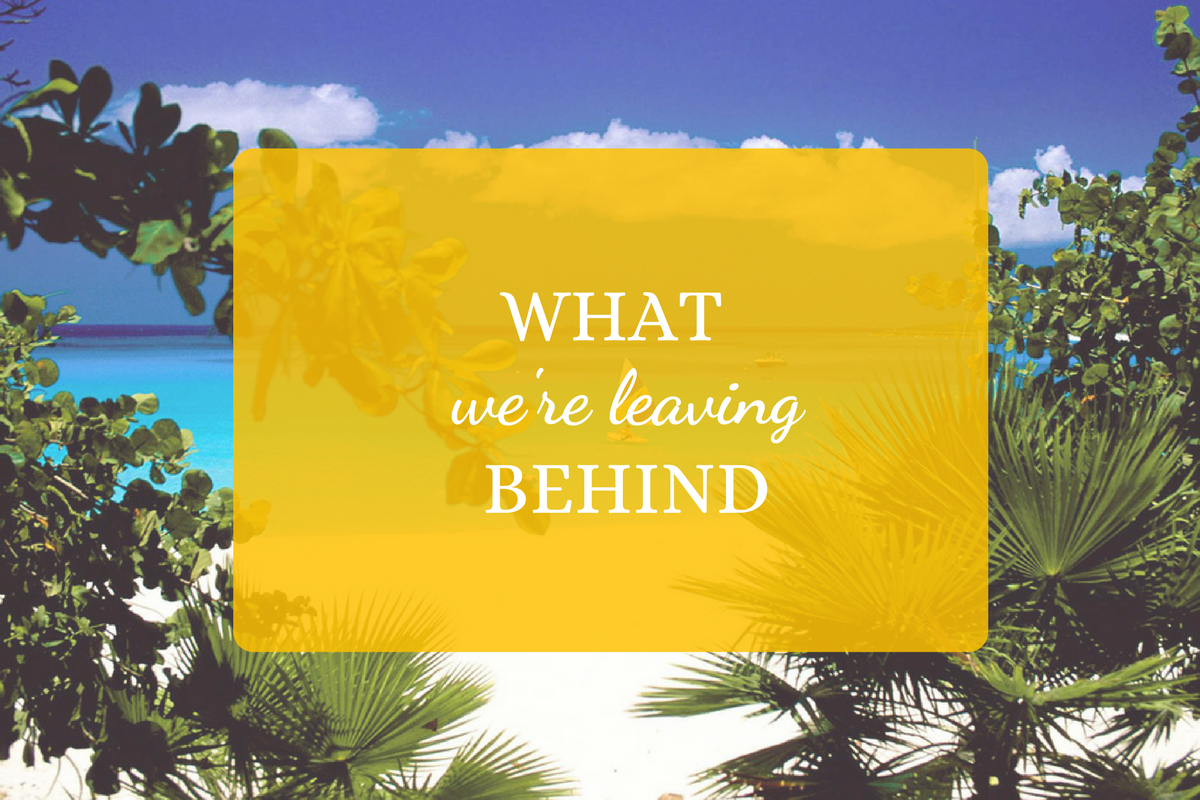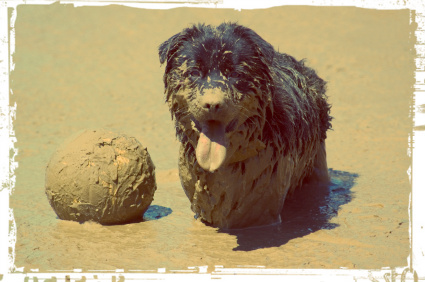As Islanders we all know we feel better when we’re at the beach or in the sea. Well, did you know there’s some strong science behind it? I wanted to share this interesting article from Cottage Life that I happened upon this week. We don’t need science to tell us about the healing good vibes we feel when we’re on, under, on near our island waters. Salt water or fresh water, ocean, lake, or river – pick your favourite and enjoy the “Blue Mind”. How lucky we are to be surrounded by the wonderful, awe-inspiring Big Blue!
The Science Behind Our Connection to Water
Written by Leslie Garrett Published by Cottage Life (April 1, 2019)
It’s something we cottagers understand intuitively, that sense of awe and connection we experience at the lake. Marine biologist Wallace J. Nichols calls it “Blue Mind”. And there’s science behind it.
As a kid, I would fall asleep each night at my family’s cottage on Lake Huron to the sound of water. Sometimes it was the pounding of big waves, other times the gentle ripple of water tapping the shore. It was my lakeside lullaby.
So I wasn’t the least surprised by marine biologist and author Wallace J. Nichols’ idea of Blue Mind, which he shared at a conference I attended. Blue Mind, Nichols posits, is something like a meditative state induced by proximity to water. “It makes us happier,” he says. “It connects us to each other, it connects us to ourselves, it connects us to place.”
There’s likely not a cottager who disputes this but what we know intuitively is backed by science, says Dr. Nichols. He wrote his book Blue Mind: The Surprising Science that Shows How Being Near, In, On, or Under Water Can Make Us Healthier, Happier, More Connected and Better at What You Do in order to better understand the why of water. “The better we understand it, the more we appreciate it and value it. The idea that it’s obvious, it’s still worth digging into the science and the application of the science,” he says.
He wanted, he says, to shift the conversation about water from its value to us in terms of hydration, hygiene, and ecology to understanding the broader value, which, he says, needs to include “all of the cognitive, emotional, psychological, social, physical, of course, and spiritual benefits that we normally leave out.” Our policies and our laws reflect this absence of understanding; they “undervalue or devalue the emotional role of water,” says Nichols.
So what, exactly, is happening in our brains when we’re by the lake? Or even, says Nichols, when we’re daydreaming about our lake? “Your chemistry changes right then and there,” he says. “Your creativity is going up, your stress hormones are going down, your ideas are expanding, your sense of yourself, you can hear yourself breathe, you’re connecting with the water.”
This “Blue Mind” that Nichols references is a key part of awe, an emotion that has only recently been studied. “It turns out that the set of emotions called awe helps us build empathy and compassion,” he explains. “Neuroscience looks at how that occurs: [water] takes us from that front-brain, directed-attention, problem-solving state into a more distributed, creative, default network mode—as psychologists call it—that can result in us growing our capacity for connection, empathy, and compassion.”
What’s more, researchers have learned that water in all forms—lakes, rivers, waterfalls, sunsets over the ocean, clouds—is a prime source of awe. In short, says Nichols, “your lake is a school for empathy,” which is “not just a beautiful metaphor, or beautiful poetry, it’s beautiful science.”
So what we cottagers experience, as we swim, float, boat, or simply drink it in, literally or figuratively, is real in a neuro-chemical sense, in a psychological sense. Our lakes are, as Nichols puts it, essentially pharmacies.
Often those who’ve read Blue Mind or heard Nichols speak confide to him that they thought they were the only ones who felt this emotional connection to a body of water. Nichols gets it. “I went to the 24th grade, which is a crazy amount of school—and I studied ecology and evolutionary biology and economics—and not once did any professor ever mention the emotional value of water.”
He’s hoping Blue Mind changes that. “If there’s one thing kids should learn in school is that their water, wherever they are, is a source of peace, freedom, creativity, relaxation, connection, happiness, romance. It’s a place you can go to breathe, for solitude, privacy.” If we valued that, he suggests, we’d protect water. If we understood the science and practice of Blue Mind, “that alone would be transformative to our health and to our water. That’s an audacious idea, but it’s a focused audacious idea,” he says. “Just ask anyone who’s spent time at the cottage.”
Or in our world, “Just ask anyone who’s spent time on an island!”

